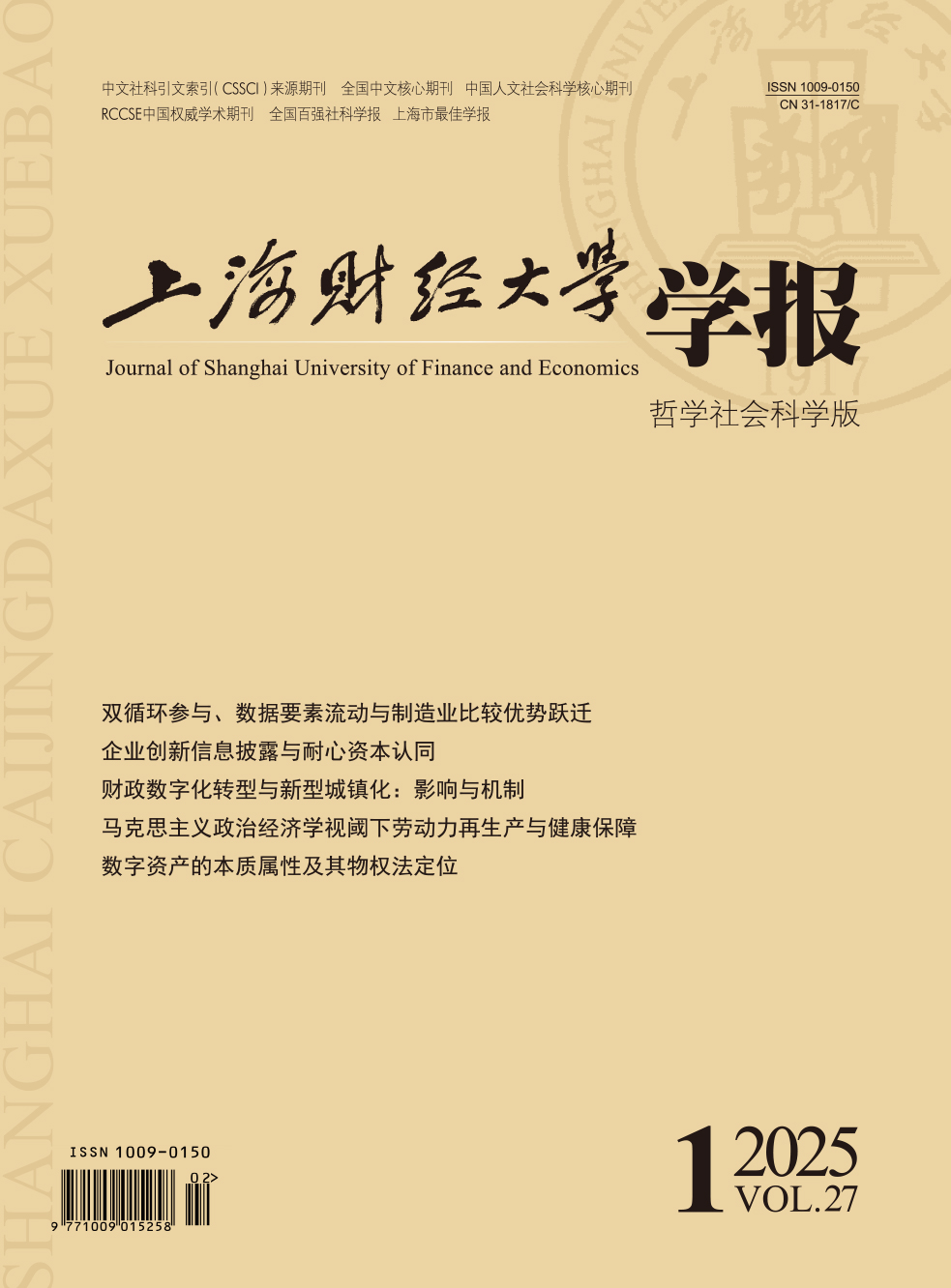Under the backdrop of escalating global economic uncertainty and frequent supply chain disruptions, supply chain diversification has emerged as a critical strategy for enhancing firms’ resilience and competitiveness. Simultaneously, stock liquidity, as a vital indicator of capital market efficiency, plays an irreplaceable role in reducing capital costs and optimizing resource allocation. However, existing research has not yet systematically uncovered the specific impact of supply chain diversification on stock liquidity, particularly the mechanisms under varying institutional environments. Based on the data from China’s A-share listed companies between 2007 and 2020, this paper investigates the impact of supply chain diversification on stock liquidity and incorporates institutional factors into the analytical framework. The findings reveal that: (1) Supply chain diversification significantly improves stock liquidity, indicating that capital markets acknowledge the advantages of diversification in mitigating supply chain risks and enhancing firms’ resilience and security. (2) In the context with a lower level of public governance, the positive effect of diversification is significantly weakened, suggesting that inadequate public governance mechanisms may amplify the potential drawbacks of diversification. (3) The moderating effect of public governance is particularly pronounced in private enterprises. This paper provides the following policy implications: First, policymakers should fully recognize the strategic value of supply chain diversification in strengthening supply chain resilience and enhancing firms’ risk resistance. A systematic policy framework should be developed to incentivize firms to optimize their supply chain configuration, thereby unlocking the economic potential of supply chains. Second, capital market regulators should enhance corporate information disclosure systems, requiring listed companies to regularly disclose supply chain management strategies and risk mitigation measures. Third, policymakers should further strengthen legal systems and social credit mechanisms to reduce institutional transaction costs and maximize the benefits of supply chain diversification. This paper not only systematically reveals the relationship between supply chain diversification and stock liquidity in Chinese firms, but also underscores the critical role of public governance mechanisms, providing both theoretical and practical insights for optimizing supply chain management and improving capital market regulation.
 / Journals / Journal of Shanghai University of Finance and Economics
/ Journals / Journal of Shanghai University of Finance and EconomicsJournal of Shanghai University of Finance and Economics
LiuYuanchun, Editor-in-Chief
ZhengChunrong, Vice Executive Editor-in-Chief
GuoChanglin YanJinqiang WangWenbin WuWenfang, Vice Editor-in-Chief
Supply Chain Diversification, Public Governance Level, and Stock Liquidity
Journal of Shanghai University of Finance and Economics Vol. 27, Issue 01, pp. 47 - 61 (2025) DOI:10.16538/j.cnki.jsufe.2025.01.004
Summary
References
Summary
Cite this article
Cao Zhehan. Supply Chain Diversification, Public Governance Level, and Stock Liquidity[J]. Journal of Shanghai University of Finance and Economics, 2025, 27(1): 47-61.
Export Citations as:
For




 3198
3198  4478
4478

